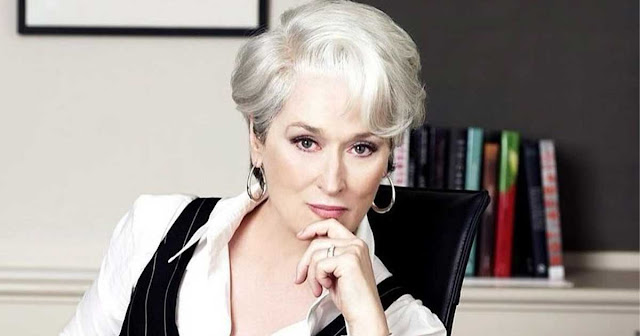Meryl Streep is widely regarded as one of the greatest actresses of all time, yet what continues to shock both her fans and critics alike is her extraordinary versatility and constant reinvention. Her ability to adapt to virtually any role, genre, and accent sets her apart from many of her peers. Over the course of her five-decade career, Streep has taken on a staggering range of characters, each time disappearing into her roles in a way that feels fresh and unexpected.
One of the most striking aspects of Streep’s career is her seamless transition between drama, comedy, and musicals. Audiences were first introduced to her exceptional talent in films like *Kramer vs. Kramer* (1979) and *Sophie's Choice* (1982), where her emotional depth and intensity were truly groundbreaking. The heartbreaking portrayal of Sophie Zawistowski, a Polish immigrant haunted by the trauma of World War II, is perhaps one of the most revered performances in cinematic history. What continues to shock about this role is the emotional vulnerability she displayed, combined with her mastery of a Polish accent. Her commitment to every facet of the character made it impossible for viewers to see Streep, only Sophie.
What left many in awe was her complete pivot to lighter genres later in her career. Films like *The Devil Wears Prada* (2006) and *Mamma Mia!* (2008) showcased her comedic timing and musical talents, areas she had rarely explored before. Streep’s portrayal of Miranda Priestly, the icy and intimidating editor-in-chief of a fashion magazine in *The Devil Wears Prada*, was a departure from her usual dramatic roles. Yet, she delivered the role with such nuanced wit and subtlety that it not only became iconic but also redefined her as an actress capable of dominating in any genre.
Her shock value doesn’t stop at her genre-spanning performances. Meryl Streep’s approach to accents has astounded both audiences and linguists alike. From her flawless British accent in *The Iron Lady* (2011) as Margaret Thatcher, to the Danish dialect in *Out of Africa* (1985), Streep’s linguistic prowess has been one of the many layers to her complex acting method. It’s a rarity in Hollywood to find an actor who can convincingly portray characters from so many different cultures, and Streep does it with apparent ease.
What is perhaps even more shocking about Streep is her ability to remain relevant and groundbreaking in a constantly changing industry. Many actors face career declines as they age, but Streep has only become more in-demand. She has not only maintained her status as a top-tier performer but has also taken on roles that challenge social norms and address timely issues, such as her performance in *The Post* (2017), where she played the pioneering Washington Post publisher, Katharine Graham.
In a career full of surprises, Meryl Streep continues to shock with her endless talent, transformative abilities, and unyielding commitment to her craft. While many actors are content to stick to familiar roles, Streep continues to take risks, consistently proving there is no character or genre beyond her reach.




